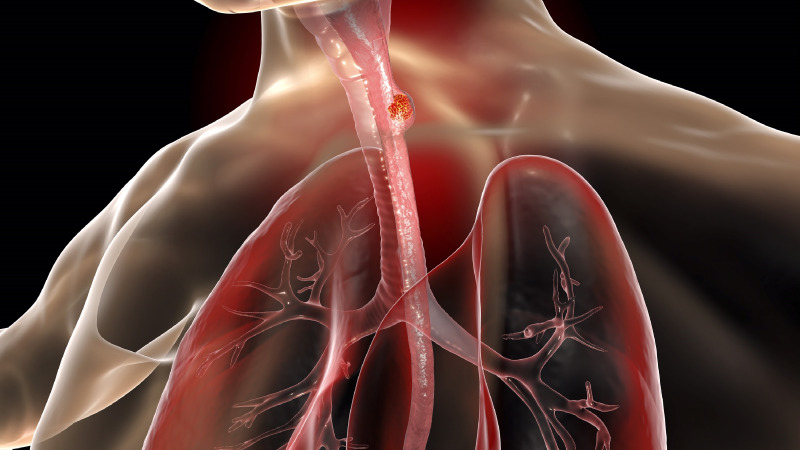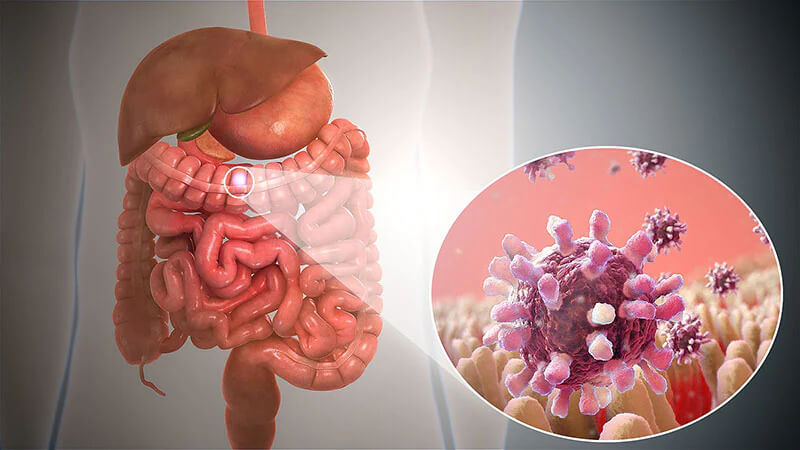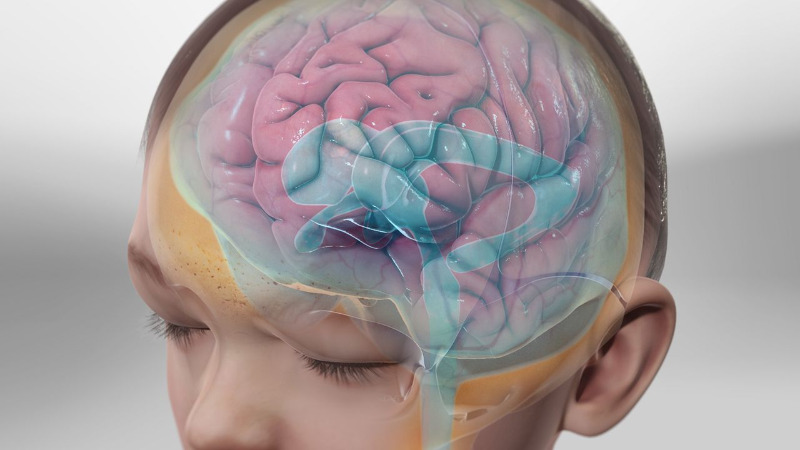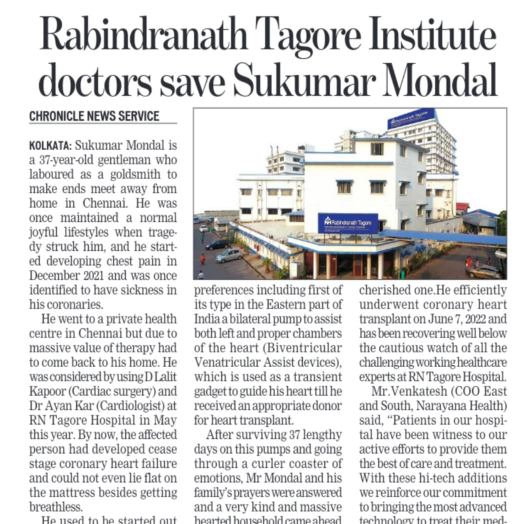BEYOND THE BEAT: A COMPREHENSIVE GUIDE TO UNDERSTANDING,
DIAGNOSING, AND MANAGING HEART PALPITATIONS
creating by Future Health | 28 apr 2023

Overview
Heart palpitation is a prevalent condition affecting millions worldwide. A fluttering or
hammering sensation in the chest that is characteristic of them is occasionally accompanied by
dizziness, shortness of breath, or chest pain.
Quick Link __________________
Book Appointment
Feedback
Find My Doctor
Enquiry
Heart palpitations can be a frightening experience, causing anxiety and concern for many
individuals. While often harmless, understanding the causes, recognizing the symptoms, and
learning about management techniques are essential for peace of mind and overall cardiovascular
health. In this article, we will delve into the world of heart palpitations, providing you with
a comprehensive guide to help you better understand, diagnose, and manage this common
phenomenon.
Understanding Heart Palpitations:
Heart palpitations refer to the awareness of one's own heartbeat, which may feel rapid,
pounding, irregular, or fluttering.
1) Anxiety and Stress: Emotional stress, anxiety, and panic attacks can trigger heart
palpitations.
2) Caffeine and Stimulants: Excessive consumption of caffeine, energy drinks, or certain
medications containing stimulants can lead to palpitations.
3) Physical Exertion: Intense exercise or activities that cause an adrenaline rush can
temporarily increase heart rate and lead to palpitations.

























